- Two junta officers detained after Arakan Army seizes three camps in Thabaung
- Junta torches at least 11 villages in Kyaukphyu Twsp over past year: Residents
- Tactical failures worsen explosive ordnance risks for civilians
- Children deprived of education amid regime airstrikes, ‘instability’ claims
- Regime using Constitutional Tribunal Law amendments to build ‘personalist dictatorship’: ISP-Myanmar
Snakebites pose danger to displaced people in Sagaing Region’ Kanbalu Twsp
Five civilians were bitten by vipers while fleeing junta raids in Sagaing Region’s Kanbalu Township last month, with three of them, including two children, dying of the snake bites.
03 May 2023
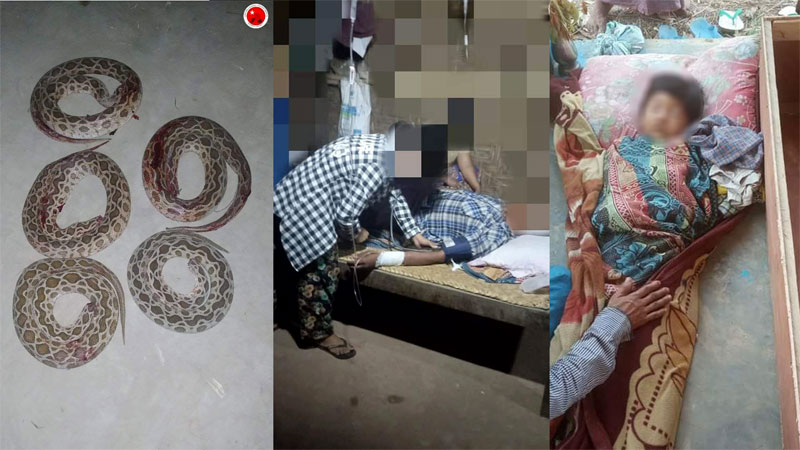
DMG Newsroom
3 May 2023, Kantbalu
Five civilians were bitten by vipers while fleeing junta raids in Sagaing Region’s Kanbalu Township last month, with three of them, including two children, dying of the snake bites.
Among the fatalities was an 8-year-old boy and a 9-year-old girl, along with a 53-year-old man. The two children died while receiving treatment, and the man died without access to medical treatment.
A total of 61 displaced people suffered from snake bites between December 2021 and April of this year, and six of them died, according to local anti-junta activists.
“Most of them were bitten by snakes as they went into forests to collect firewood for cooking. They died because there was not sufficient antivenom and they could not make it to the hospital because of the junta’s travel restrictions,” said a healthcare worker helping displaced people.
Though some donors do provide antivenom, it is difficult to transport because of the junta ban on delivery of medicines, said an official of the Kyunhla-Kanbalu Activists Group (Kanbalu District).
“Snakes pose a danger to displaced people. It is also partly because antivenoms are expensive. And [junta-affiliated] Pyu Saw Htee militias impose travel restrictions and ban delivery of medicine. There are donors. However, the problem is we can’t carry medicines,” he said.
A vial of locally produced antivenom costs between 60,000 and 80,000 kyats, whereas antivenom imported from India is sold for 70,000 to 90,000 kyats per vial, according to volunteers helping displaced people. Successful treatment typically requires multiple vials.
“It requires at least three vials of antivenom. If it is India-made antivenom, it requires at least five vials,” said a volunteer.
Hundreds of thousands of people have been displaced by fighting between junta troops and local anti-regime forces since the coup.




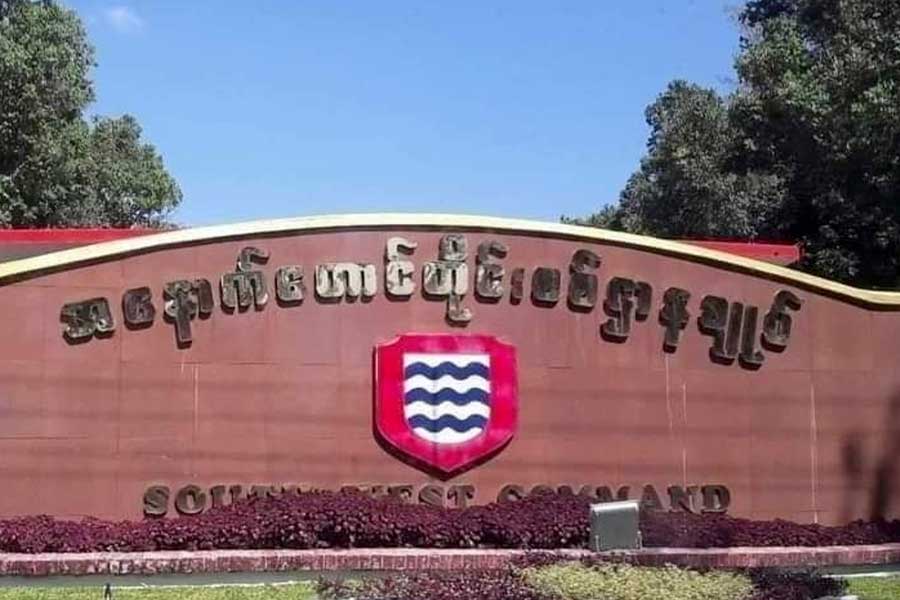
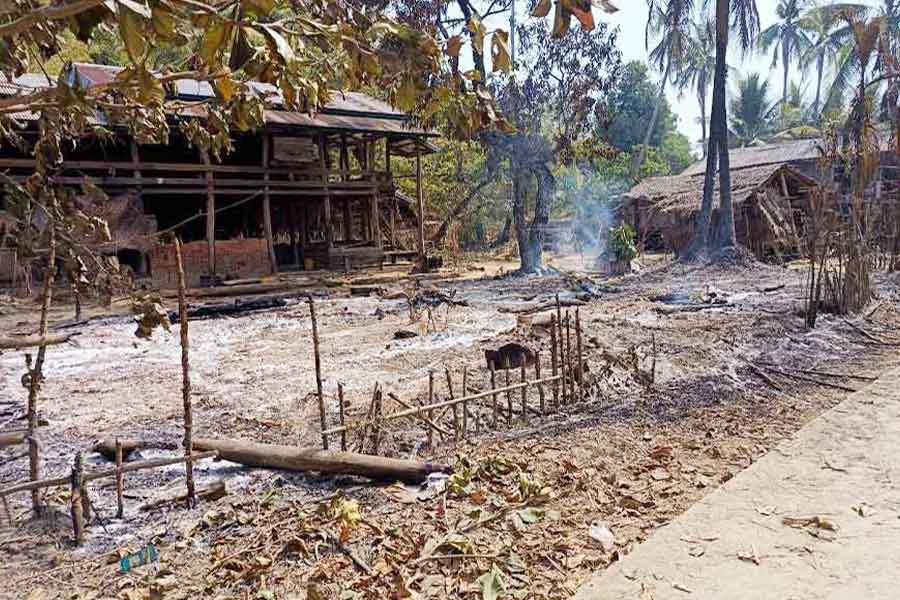
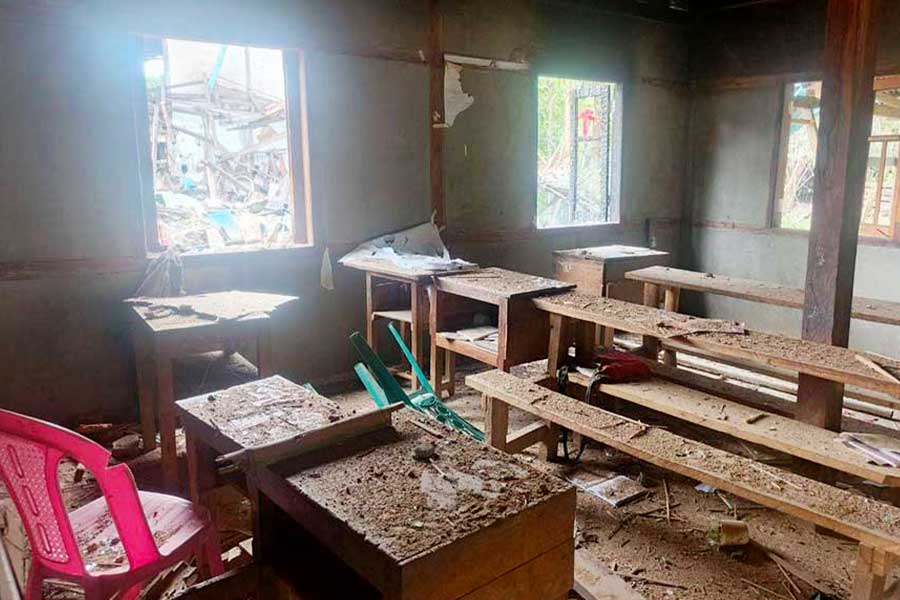
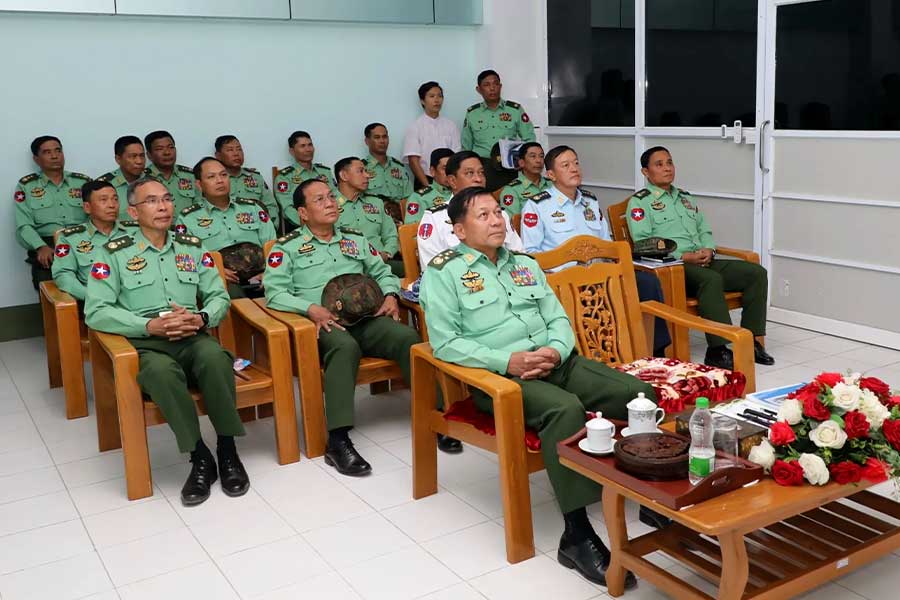
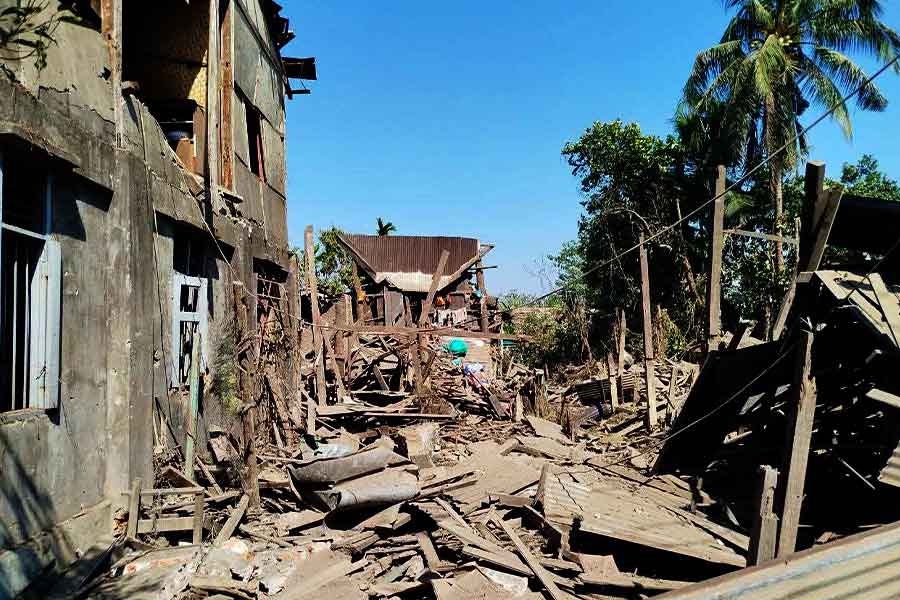







.jpg)
